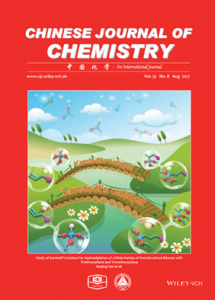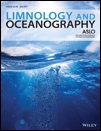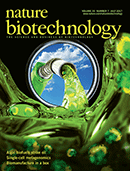
After reviewing nearly 20 years of retractions from researchers based in China, researchers came up with some somewhat unsurprising (yet still disheartening) findings: The number of retractions has increased (from zero in 1997 to more than 150 in 2016), and approximately 75% were due to some kind of misconduct. (You can read more details in the paper, published this month in Science and Engineering Ethics.) We spoke with first author Lei Lei, based in the School of Foreign Languages at Huazhong University of Science and Technology, about what he thinks can be done to improve research integrity in his country.
Retraction Watch: With “Lack of Improvement” right in the title (“Lack of Improvement in Scientific Integrity: An Analysis of WoS Retractions by Chinese Researchers (1997-2016)”), you sound disappointed with your findings. What findings did you expect — or at least hope — to find, and what are your reactions to the results you did uncover?
Continue reading 20 years of retractions in China: More of them, and more misconduct



 An oceanography journal has retracted a 2017 paper by a group of researchers in China after learning from a reader that one of the authors had a bogus affiliation in the United States.
An oceanography journal has retracted a 2017 paper by a group of researchers in China after learning from a reader that one of the authors had a bogus affiliation in the United States. 

 The author of a 2016 paper describing a potentially invaluable lab tool has retracted it, following heavy criticism from outside groups that could not reproduce the findings.
The author of a 2016 paper describing a potentially invaluable lab tool has retracted it, following heavy criticism from outside groups that could not reproduce the findings. Four hundred eighty-six authors have been found guilty of misconduct by the Chinese government, the fall-out from a sweep of retractions by one journal earlier this year.
Four hundred eighty-six authors have been found guilty of misconduct by the Chinese government, the fall-out from a sweep of retractions by one journal earlier this year. A patient’s “unusual” brain cyst excited several researchers in China so much they published a paper about it in a major journal. Soon a reader identified a glaring mistake: the authors had described the cause of the cyst incorrectly.
A patient’s “unusual” brain cyst excited several researchers in China so much they published a paper about it in a major journal. Soon a reader identified a glaring mistake: the authors had described the cause of the cyst incorrectly.